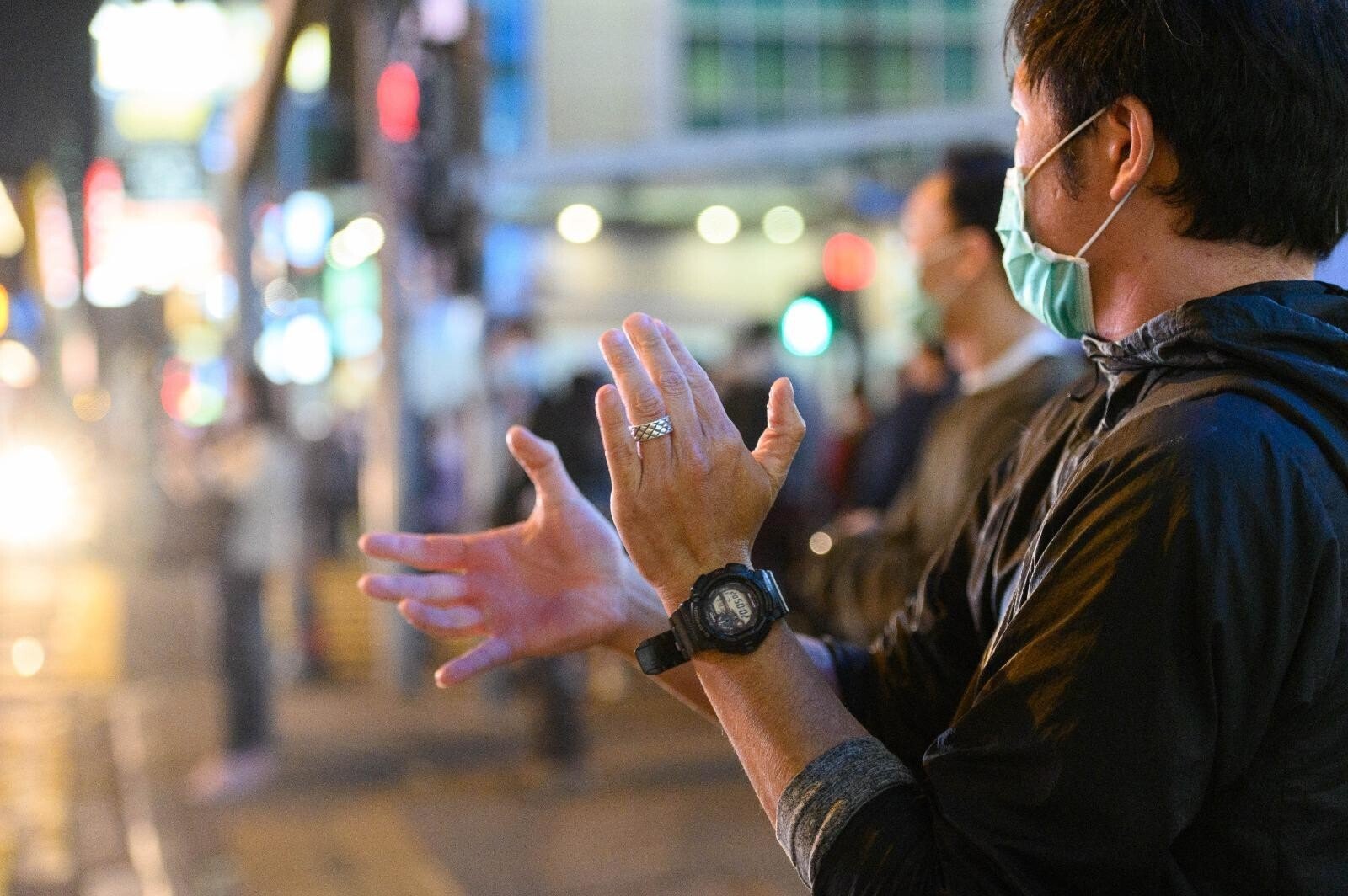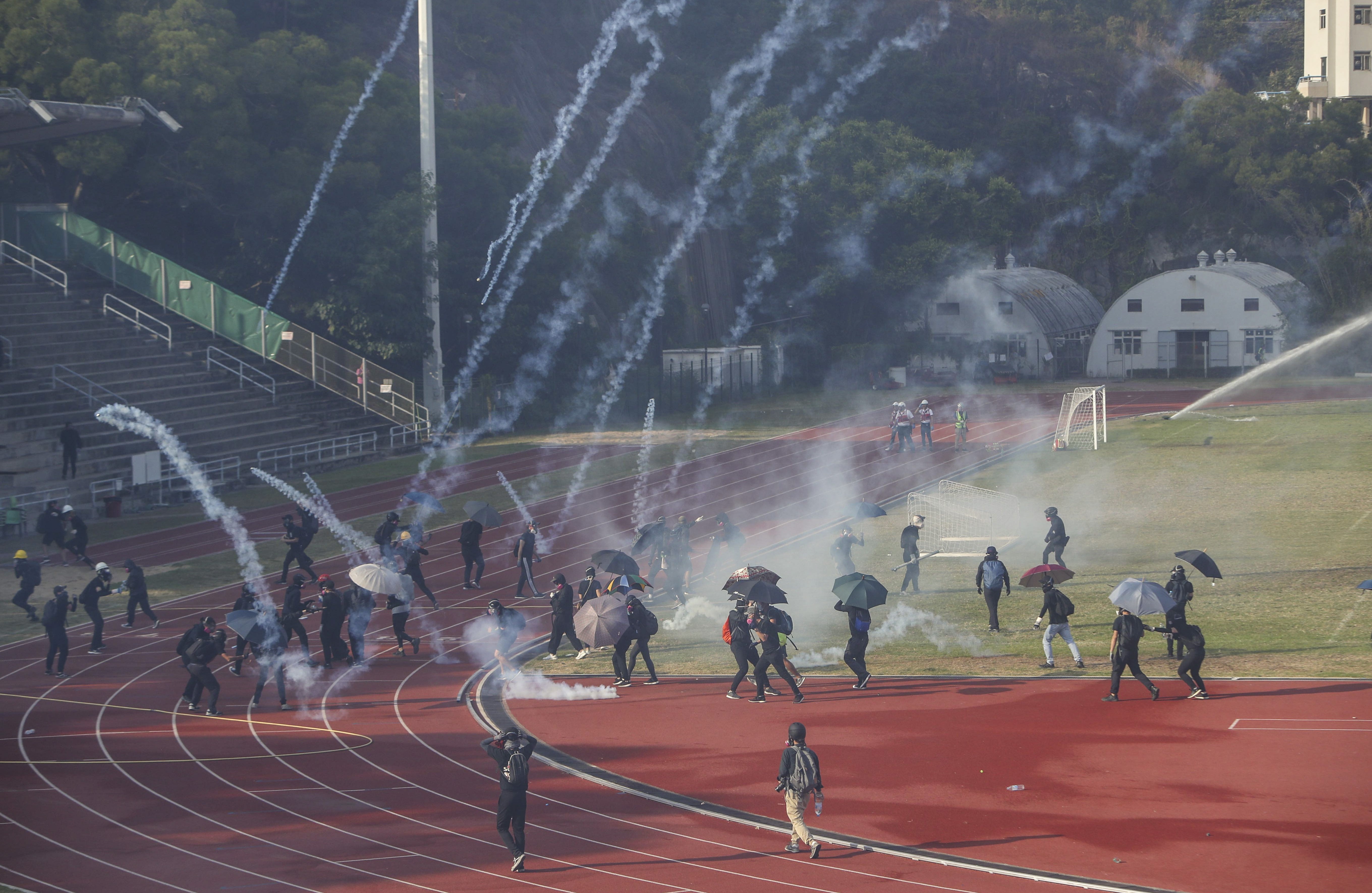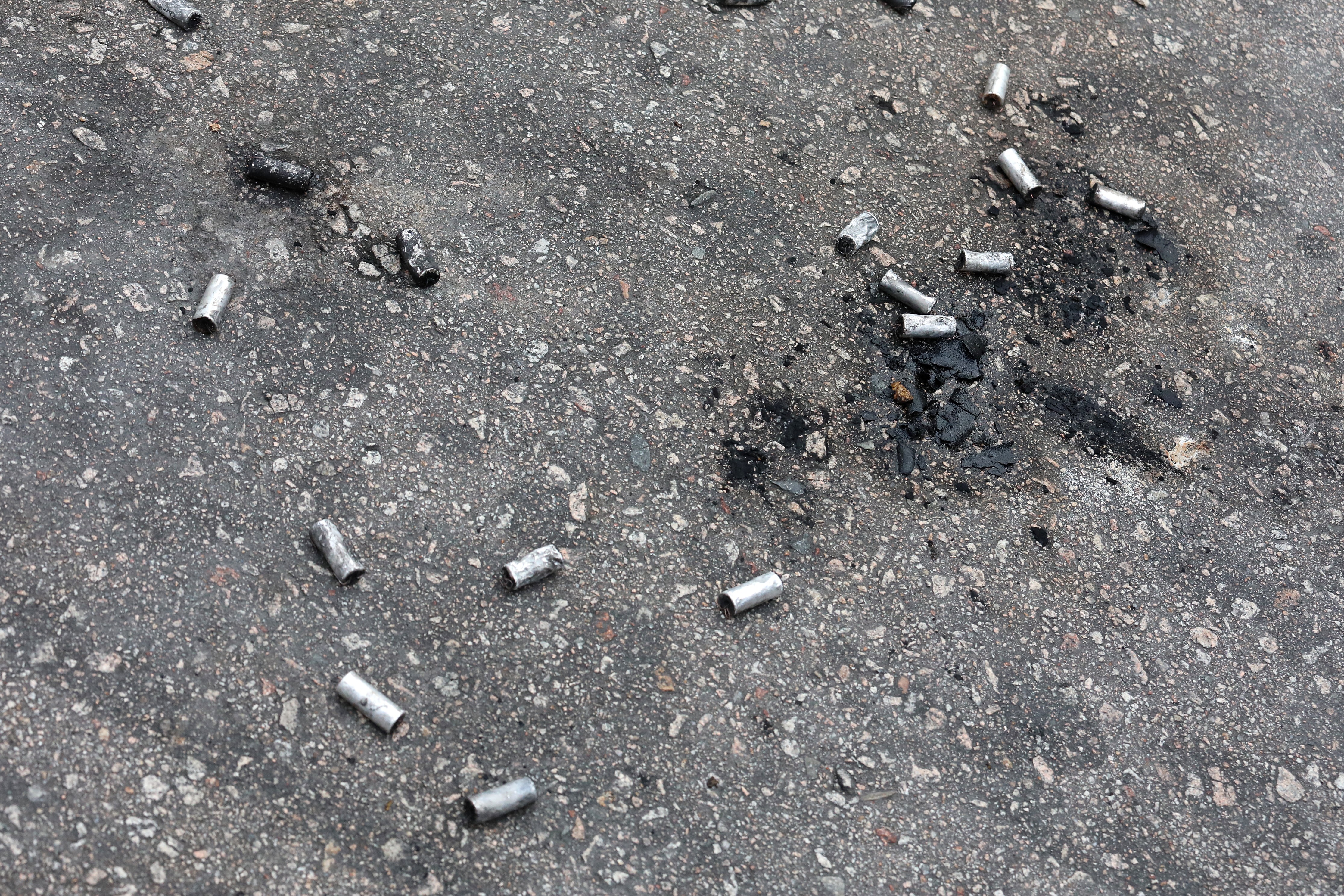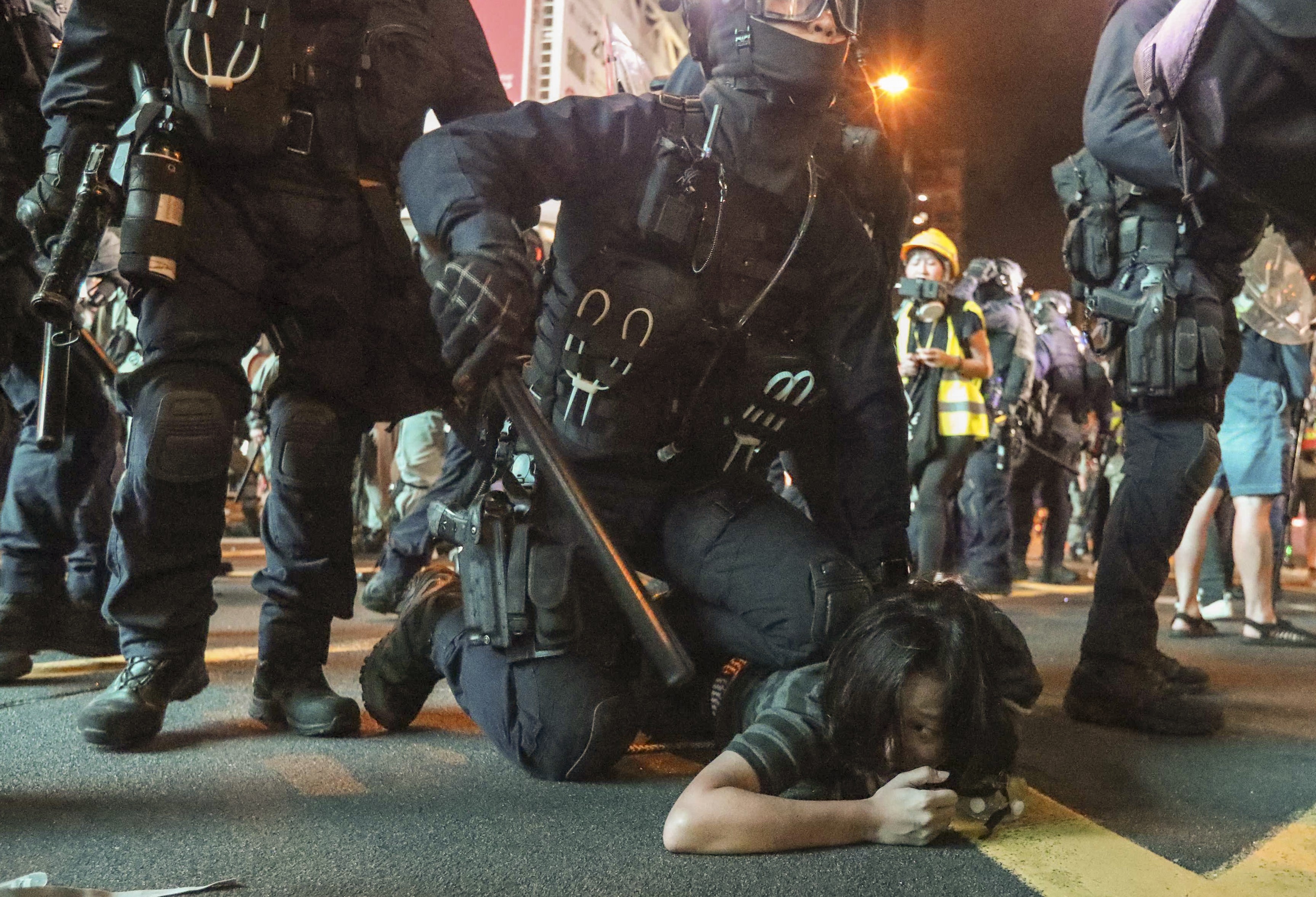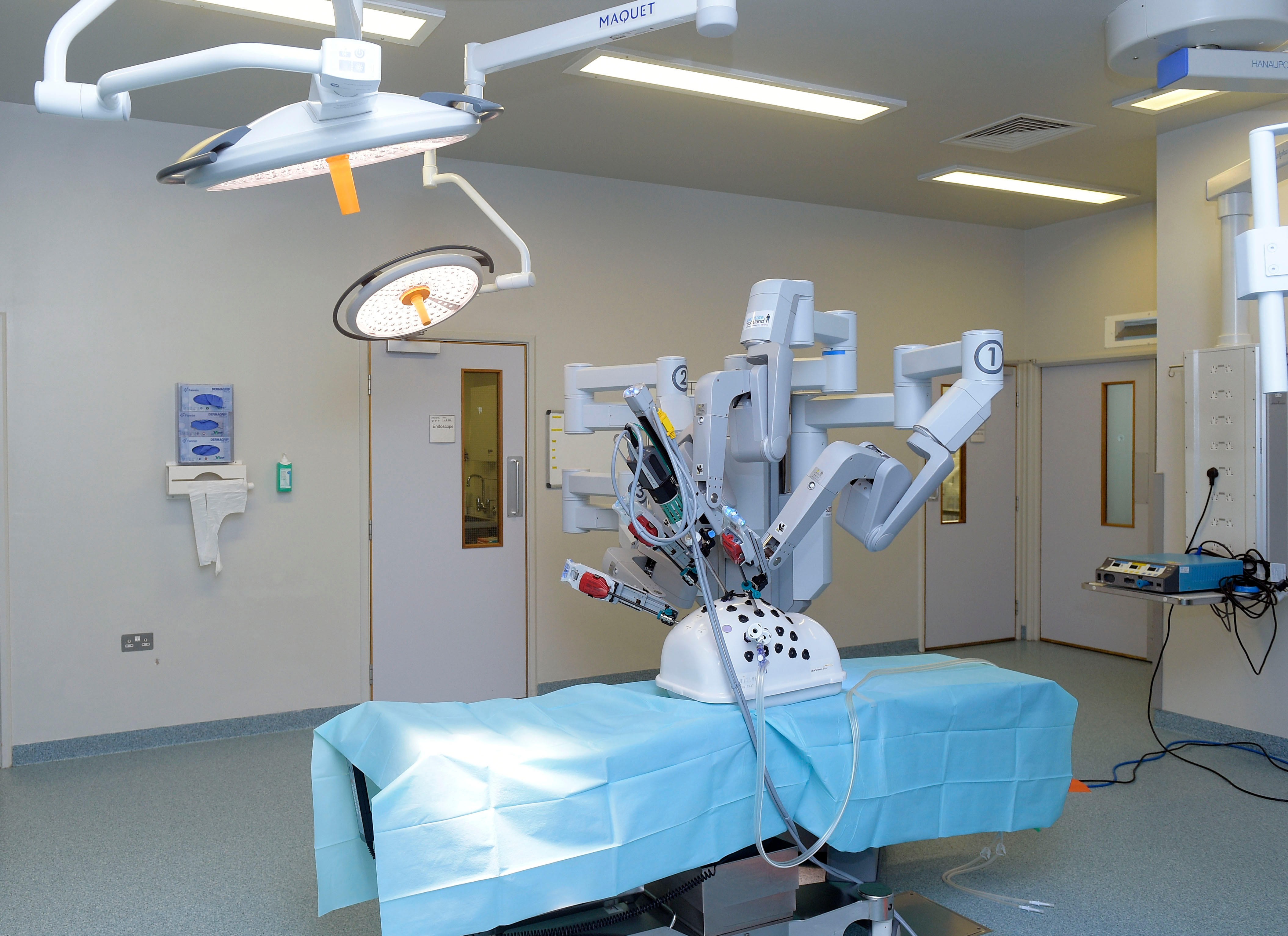Advertisement
Advertisement
Darren Mann
Darren Mann is a surgeon with clinical ballistics experience, based in Hong Kong.
Darren Mann is a surgeon with clinical ballistics experience, based in Hong Kong.
It is an irony that Hong Kong is now stopping to clap for the health care workers who were harassed during last year’s protests. Attitudes around the world towards medics are not always appreciative.
The Geneva Conventions stress neutrality, impartiality and independence in the delivery of humanitarian assistance. In retrospect, the scenes at Chinese University resembled a war zone.
The shooting of a teenaged protester in a close-proximity clash should prompt a review of the police arsenal. The taser stun gun, commonly used in law enforcement around the world, should be considered.
Independent assessments of Hong Kong find it lacking in governance, institutional capacity and risk identification. This could come back to haunt the city if clashes between protesters and police escalate, overtaxing medical facilities.
Advertisement
